Gareth Doherty
Associate Professor of Landscape Architecture
Affiliate of the Department of African and African American Studies
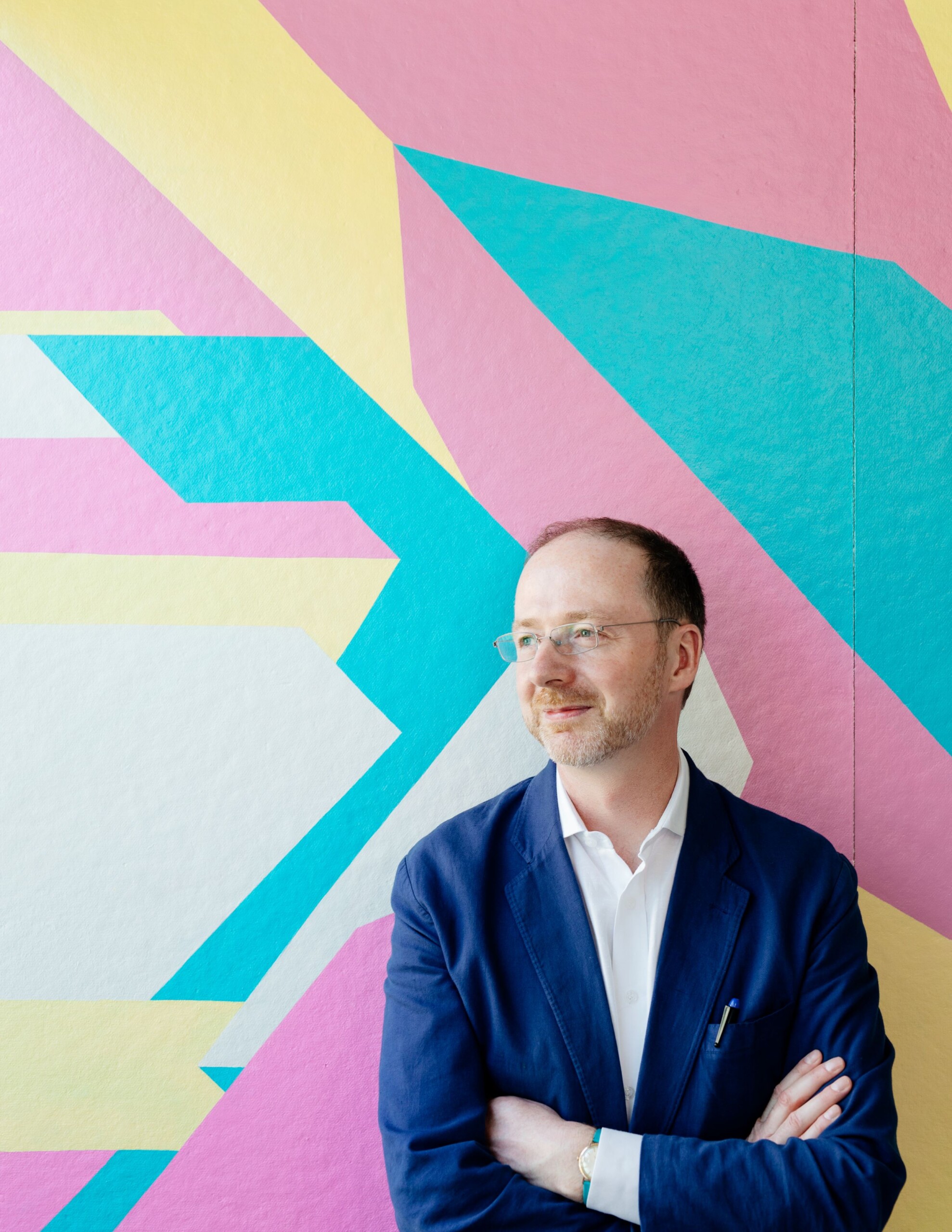
Dr. Gareth Doherty ASLA takes a human-centered approach to design and theory that aspires to shape environmentally and socially just landscapes. Doherty contributes to core knowledge in landscape architecture through applying ethnographic fieldwork and participatory design methodologies to design and theory. This work critically reassesses 20th-century approaches to the observed landscape to advance new pedagogy, tools, and techniques that address contemporary design issues of equity, identity, cultural space, and the human impacts of climate change. Through what he terms “landscape fieldwork,” Doherty unravels diverse landscape narratives that have not yet been formally documented as evidenced through his books, Paradoxes of Green: Landscapes of a City-State (University of California Press, 2017), Landscape Fieldwork: How Engaging the World Can Change Design (University of Virginia Press, 2025); and his recent fieldwork on African landscape architecture.
Doherty bases his work on two questions. First, how can landscape architecture theory, education, and practice benefit from working with societies with no formal landscape architecture discipline? Second, how does comparing landscapes of diverse societies better inform landscape architects’ sensitivity to the values that shape others’ attitudes towards the landscapes they dwell in and make? Doherty addresses these questions through research on designed landscapes across the postcolonial and Islamic worlds, primarily in the Arabian Peninsula, Brazil, the Caribbean, and the African continent.
In Doherty’s book, Paradoxes of Green: Landscapes of a City-State, he analyzed a Bahraini category for landscape—greenery—al-khudra in Arabic. He spent a year walking through Bahrain, learning local language, talking with people, and recording his encounters with green, as color and as an environmental movement. The paradox at the heart of the book is that the manifestation of the color green in arid urban environments is often in direct conflict with the practice of green from an environmental point of view. Explicit in the book is the argument that concepts of color and object are mutually defining, and thus a discussion about green becomes a discussion about the creation of space and place. The Spanish translation, Paradojas de lo Verde: Paisajes de una ciudad-Estado, was published by Puente Editores.
Doherty’s edited books include Landscape is…! Essays on the Meaning of Landscape (Routledge, forthcoming) a sequel to Is Landscape…? Essays on the Identity of Landscape, edited with Charles Waldheim (Routledge, 2015, and China Architecture and Building Press, 2019). Doherty is editor of Roberto Burle Marx Lectures: Landscape as Art and Urbanism (Lars Müller Publishers, 2018, revised 2020). Doherty is a founding editor of the New Geographies journal and editor-in-chief of New Geographies 3: Urbanisms of Color (2011). Doherty edited Ecological Urbanism (Lars Müller Publishers, 2010, revised 2016) with Mohsen Mostafavi, which has been translated in several languages. Doherty has published in journals such as Built Environment, Harvard Design Magazine, Kerb, Topos, and Studies in the History of Gardens and Designed Landscapes.
Doherty received the Doctor of Design degree from Harvard GSD and his Master of Landscape Architecture and Certificate in Urban Design from the University of Pennsylvania. He earned masters and undergraduate degrees from University College Dublin. He has several built landscape architectural projects, and is a member of professional associations in Nigeria, the United States, and the United Kingdom.
In Fall 2024, Doherty is co-teaching Theories of Landscape as Urbanism with Charles Waldheim (DES-3241); and offering the Proseminar in Landscape Architecture for Master in Landscape Architecture II students (ADV-9641). In Spring 2025, Doherty will teach African Landscape Architecture: Alternative Futures for the Field (DES-3514 and AFRAMER 143Y) cross-listed between the Department of Landscape Architecture and the Department of African and African American Studies.
Courses
Publications
-
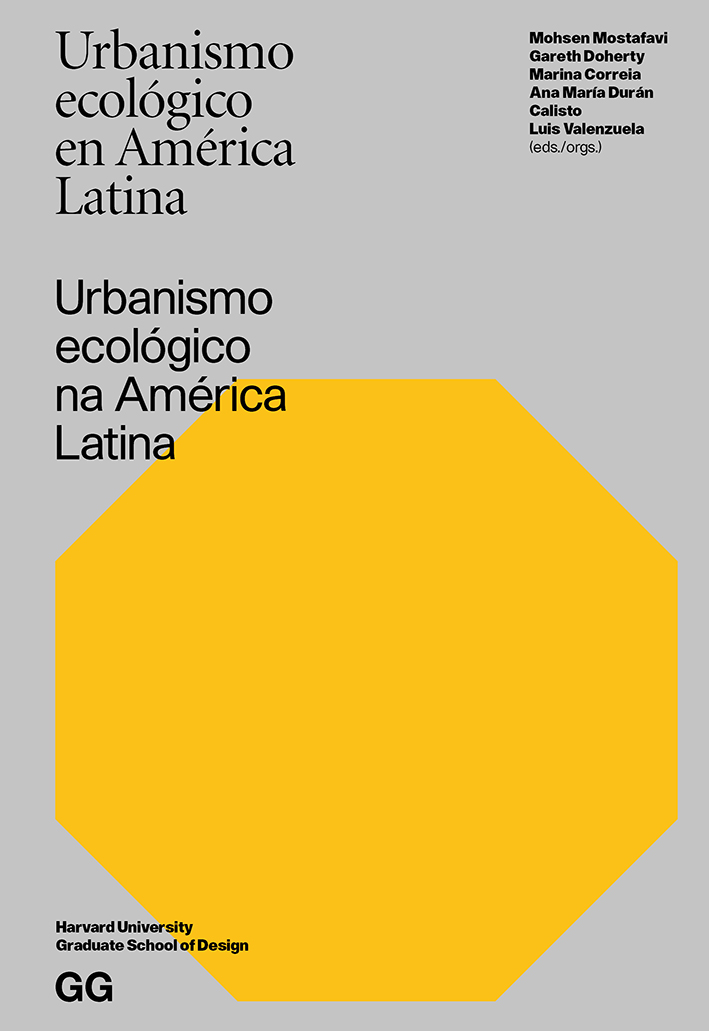
Urbanismo ecológico en/na América Latina
Edited by Mohsen Mostafavi and Gareth Doherty
October 2019
-

Roberto Burle Marx Lectures: Landscape as Art and Urbanism
Edited by Gareth Doherty
February 2018
-
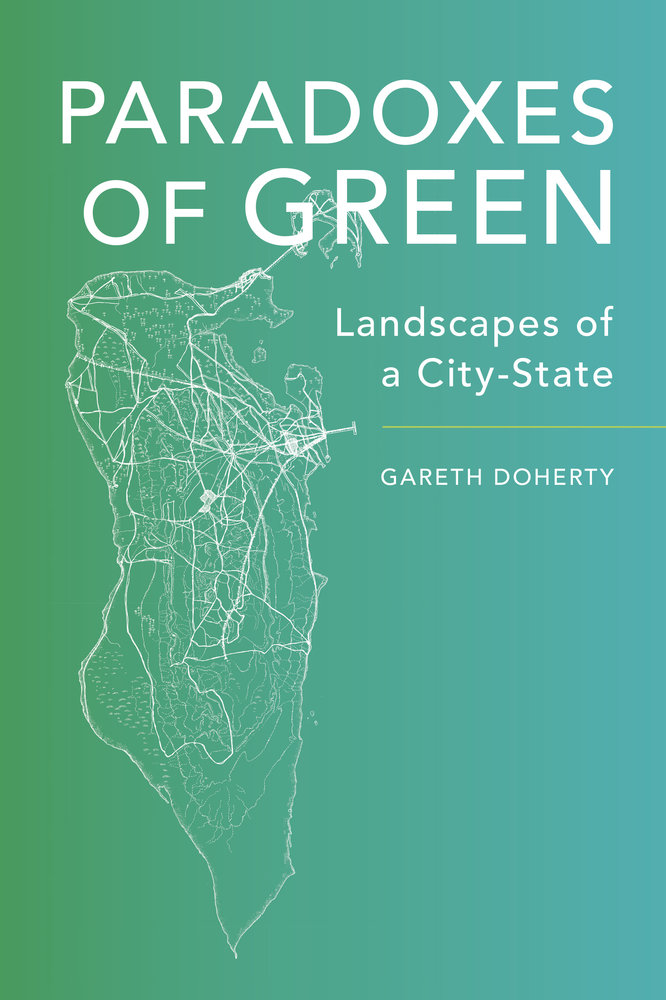
Paradoxes of Green: Landscapes of a City-State
By Gareth Doherty
February 2017
-
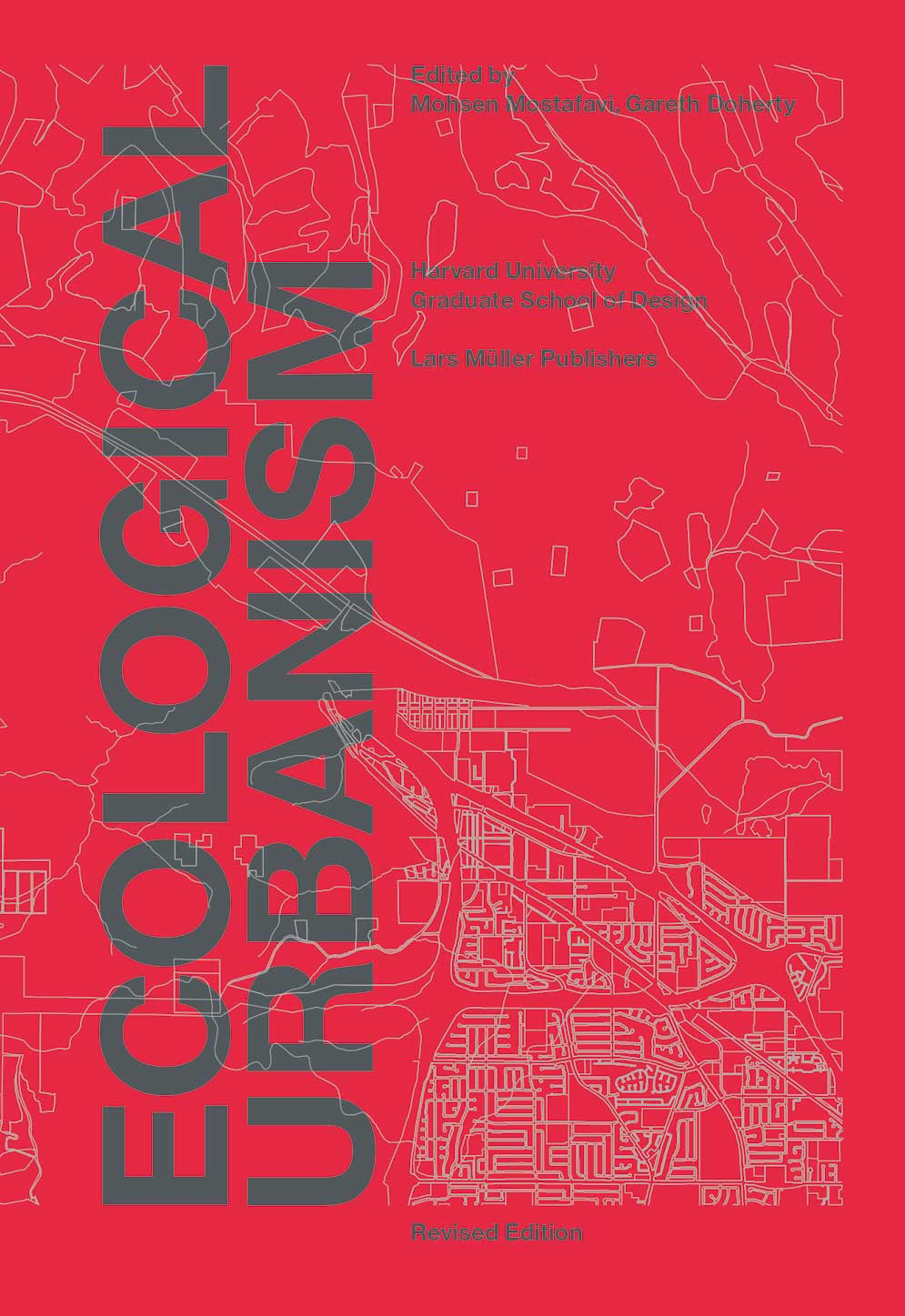
Ecological Urbanism
Edited by Mohsen Mostafavi and Gareth Doherty
September 2016
-
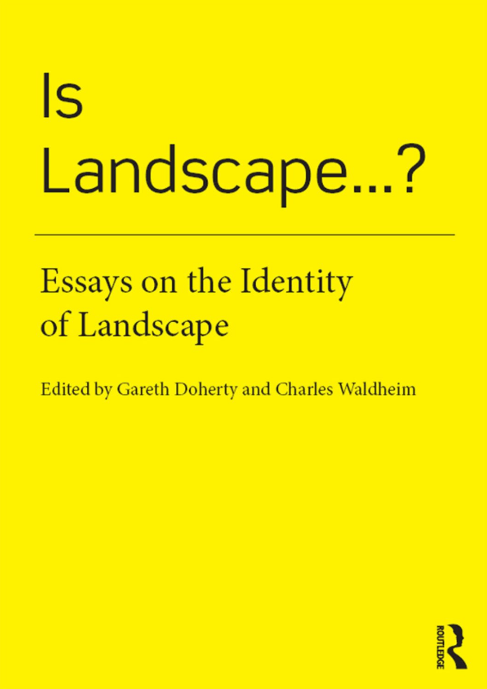
Is Landscape: Essays on the Identity of Landscape
Edited by Gareth Doherty and Charles Waldheim
November 2015
-
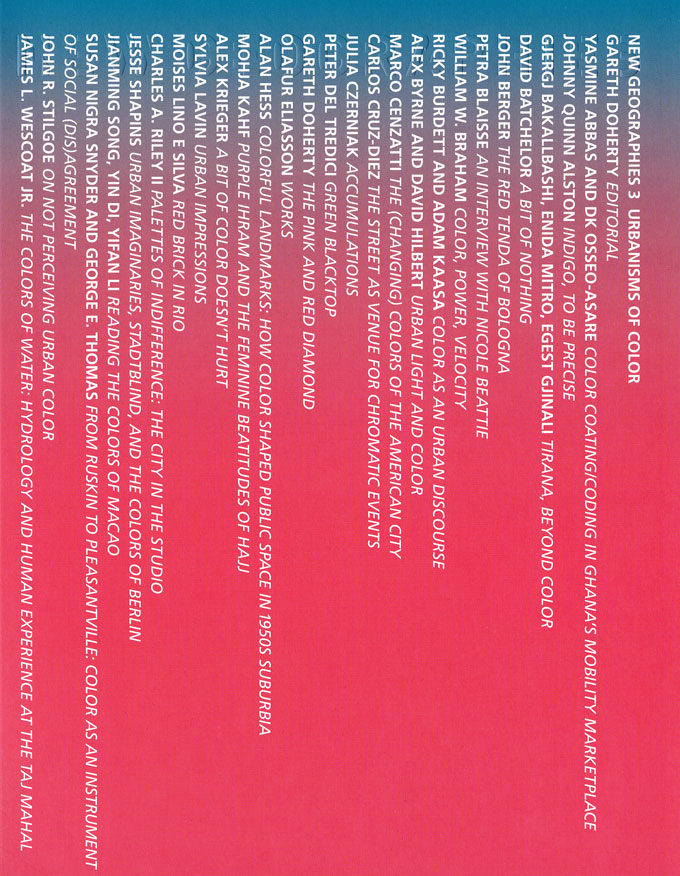
New Geographies 03: Urbanisms of Color
Edited by Gareth Doherty
February 2011
Projects
-
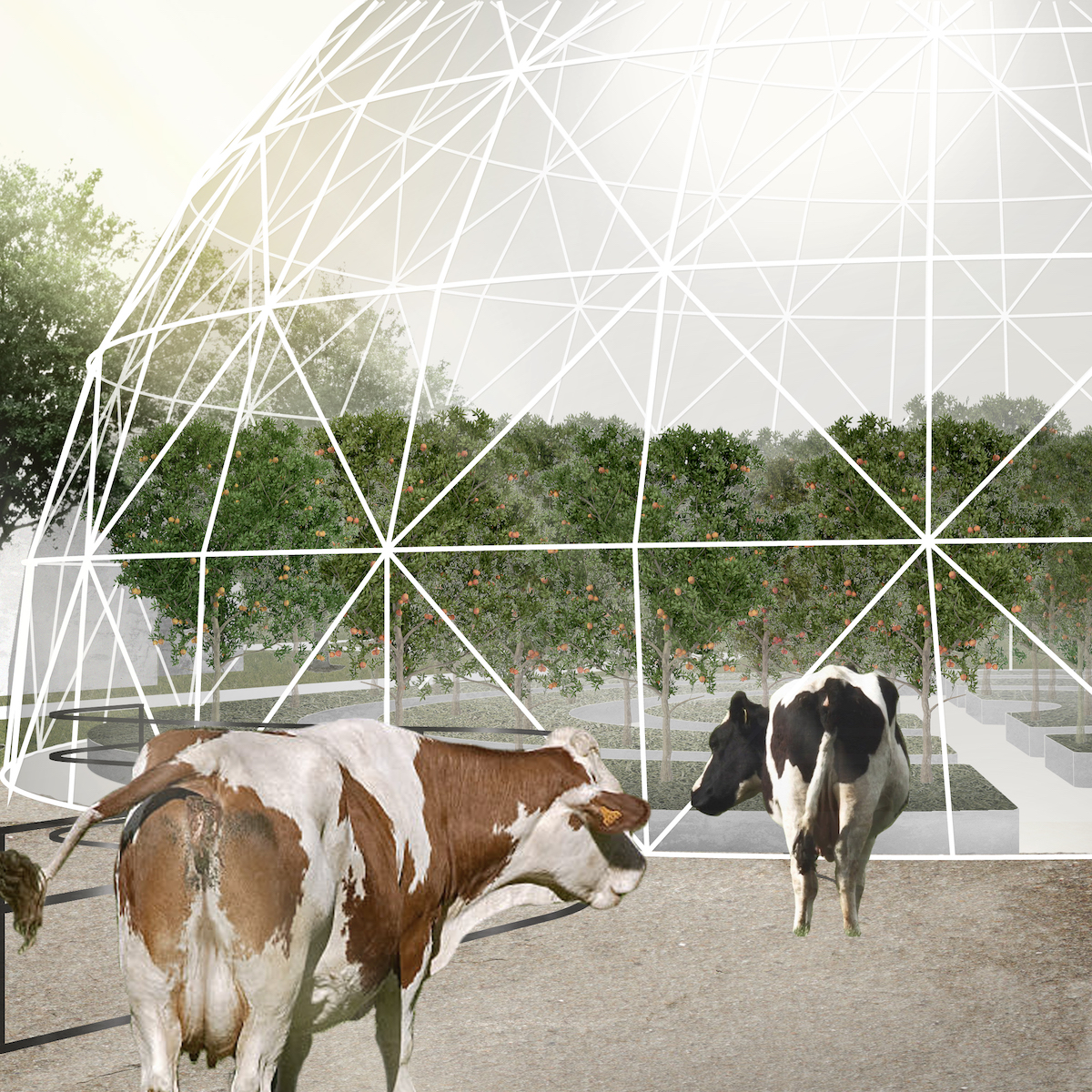
At The Dinner Table — Green to Orange: Building Ireland’s food security and identity
Niall Kirkwood and Gareth Doherty, Instructors
Spring 2019
-
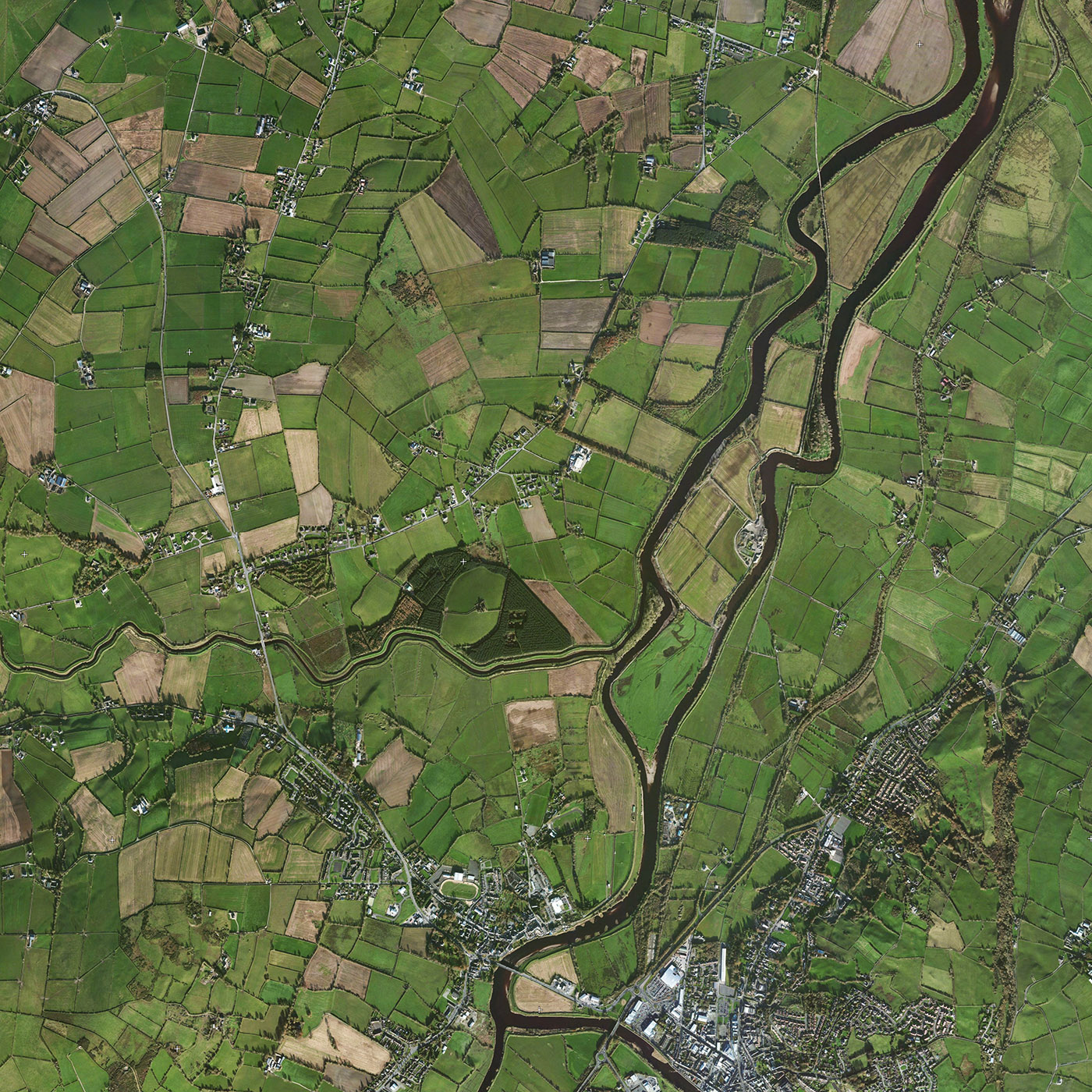
Atlas for a City-Region: Imagining the Post-Brexit Landscapes of the Irish Northwest
Gareth Doherty, Principal Investigator
Fall 2018
-
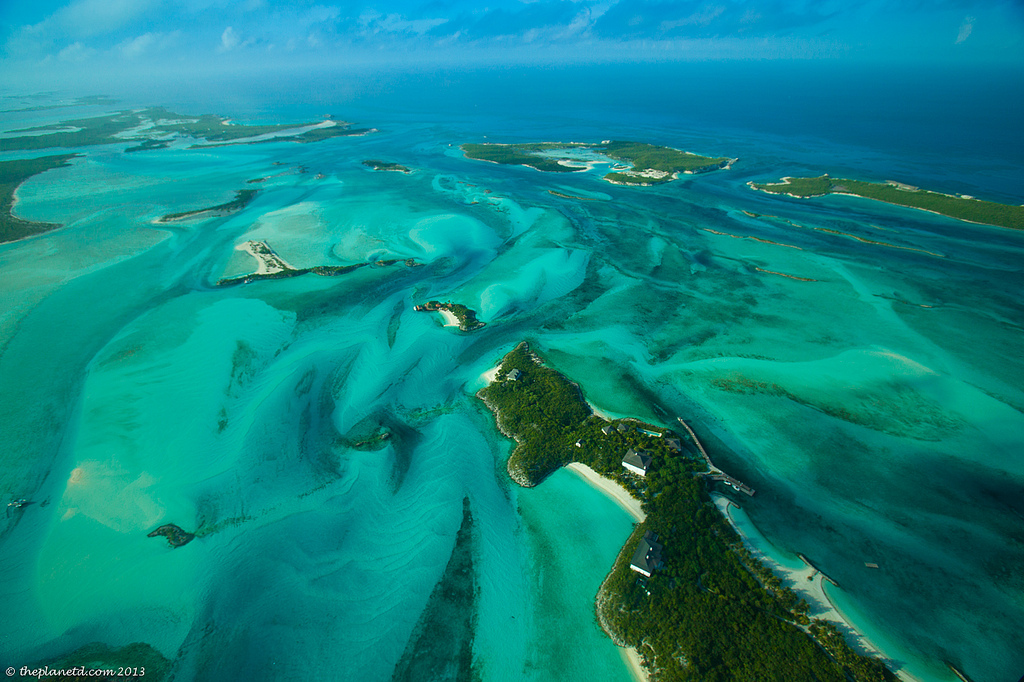
A Sustainable Future for Exuma: Environmental Management, Design, and Planning
Mohsen Mostafavi and Gareth Doherty, Principal Investigators
Spring 2016
-
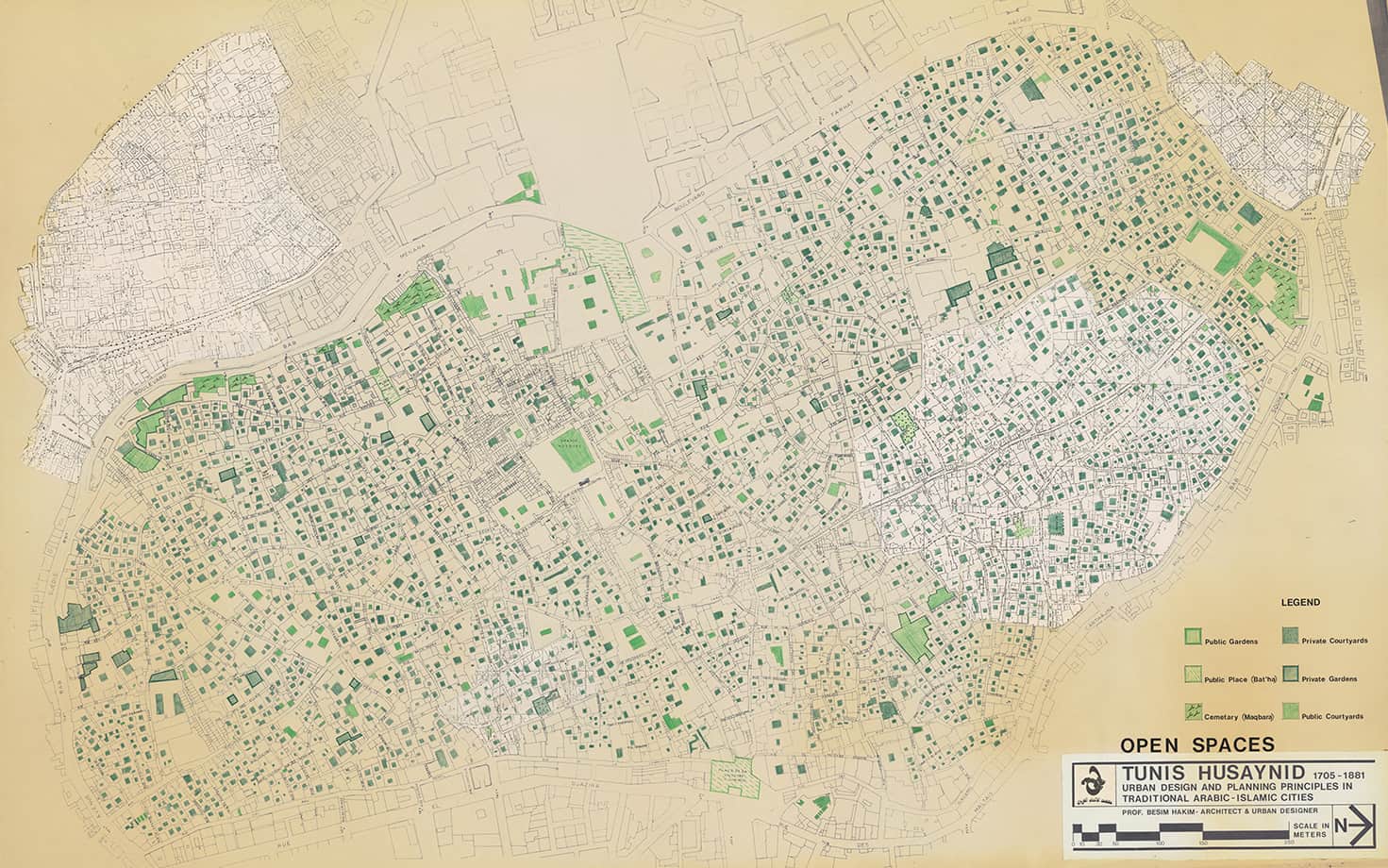
Atlas for the Medina of Tunis: Landscape Architecture as a Catalyst for Urban Regeneration
Gareth Doherty, Principal Investigator
Exhibitions
-
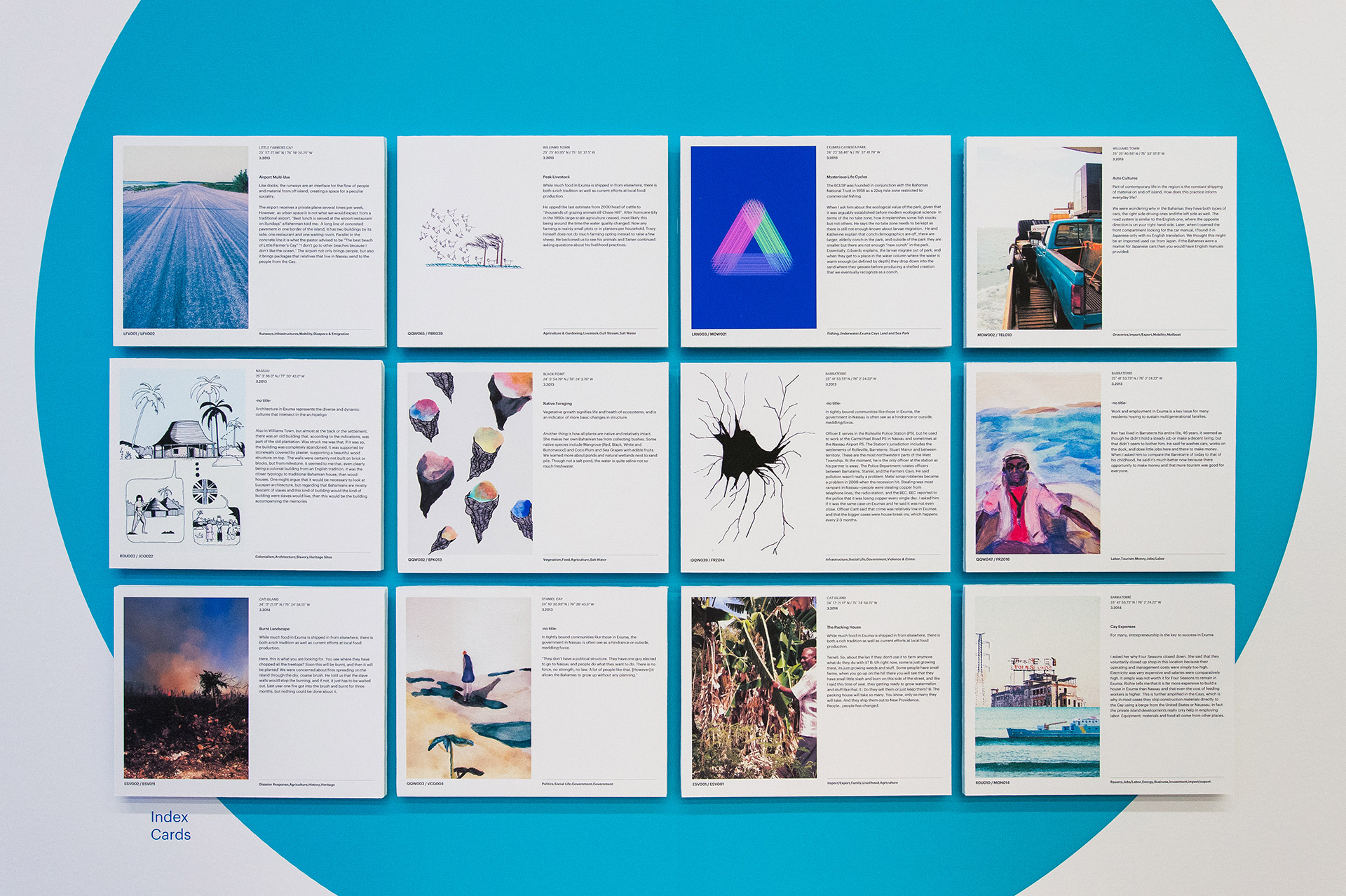
A Sustainable Future for Exuma: A Traveling Toolbox
Gareth Doherty, Rob Daurio, Suryani Dewa Ayu and Mariano Gomez Luque, Curators
NOV 12 – JAN 17, 2015
-
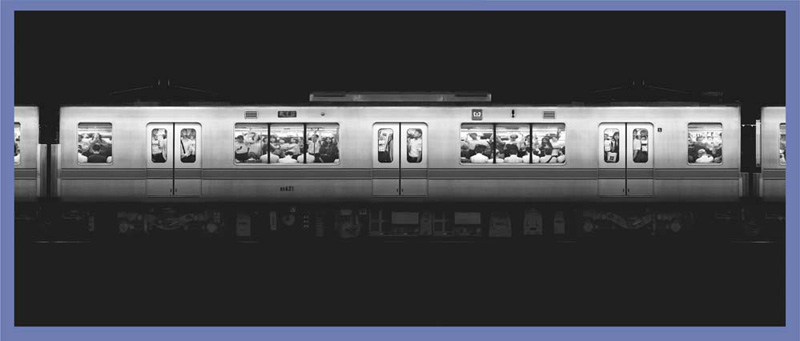
In the Life of Cities
Gareth Doherty, Curator
AUG 29 – SEP 30, 2012
-
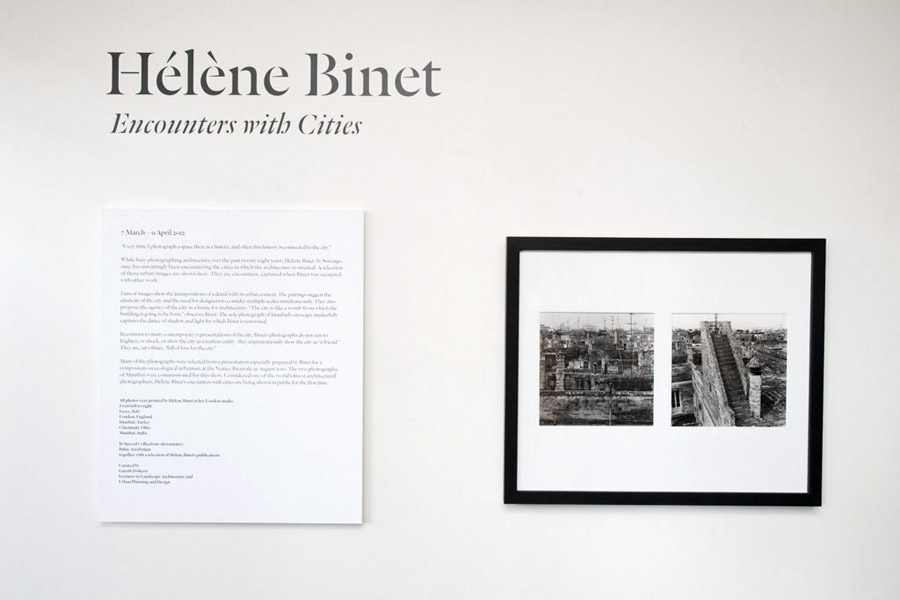
Hélène Binet: Encounters with Cities
Gareth Doherty, Curator
MAR 5 – JUL 23, 2012
-
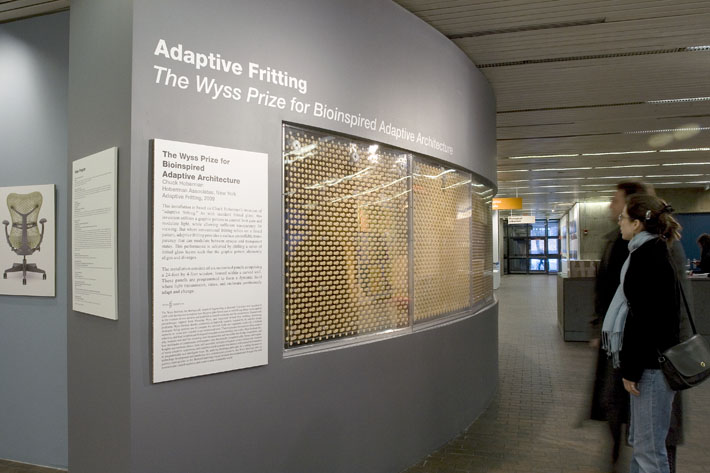
Ecological Urbanism
Gareth Doherty, Curator
MAR 30 – MAY 17, 2009
Events
-
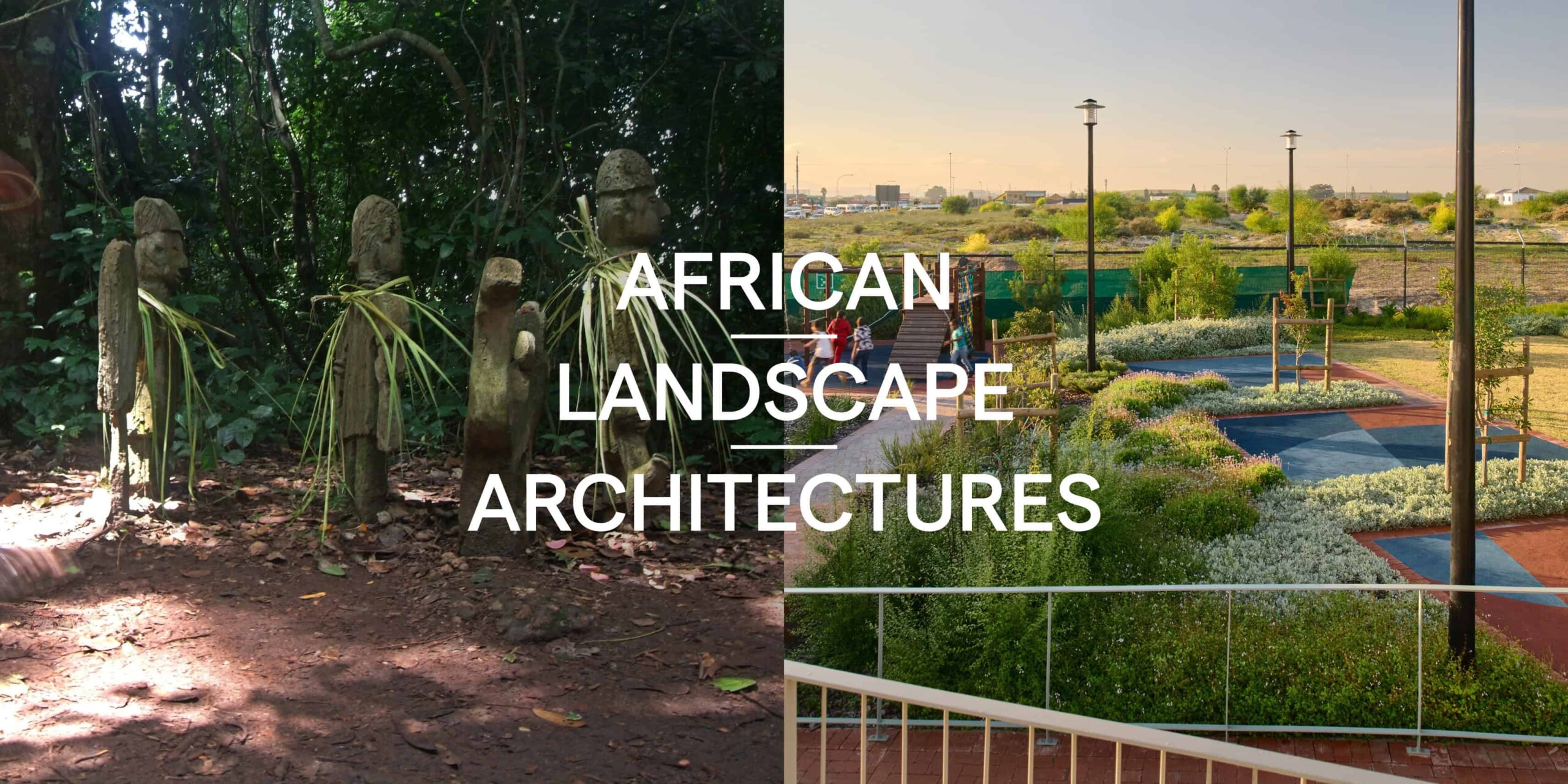
African Landscape Architectures: Alternative Futures for the Field
Gareth Doherty, Host
Gary R. Hilderbrand, Contributor